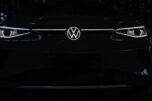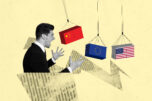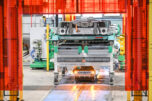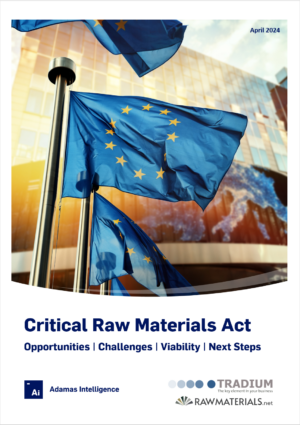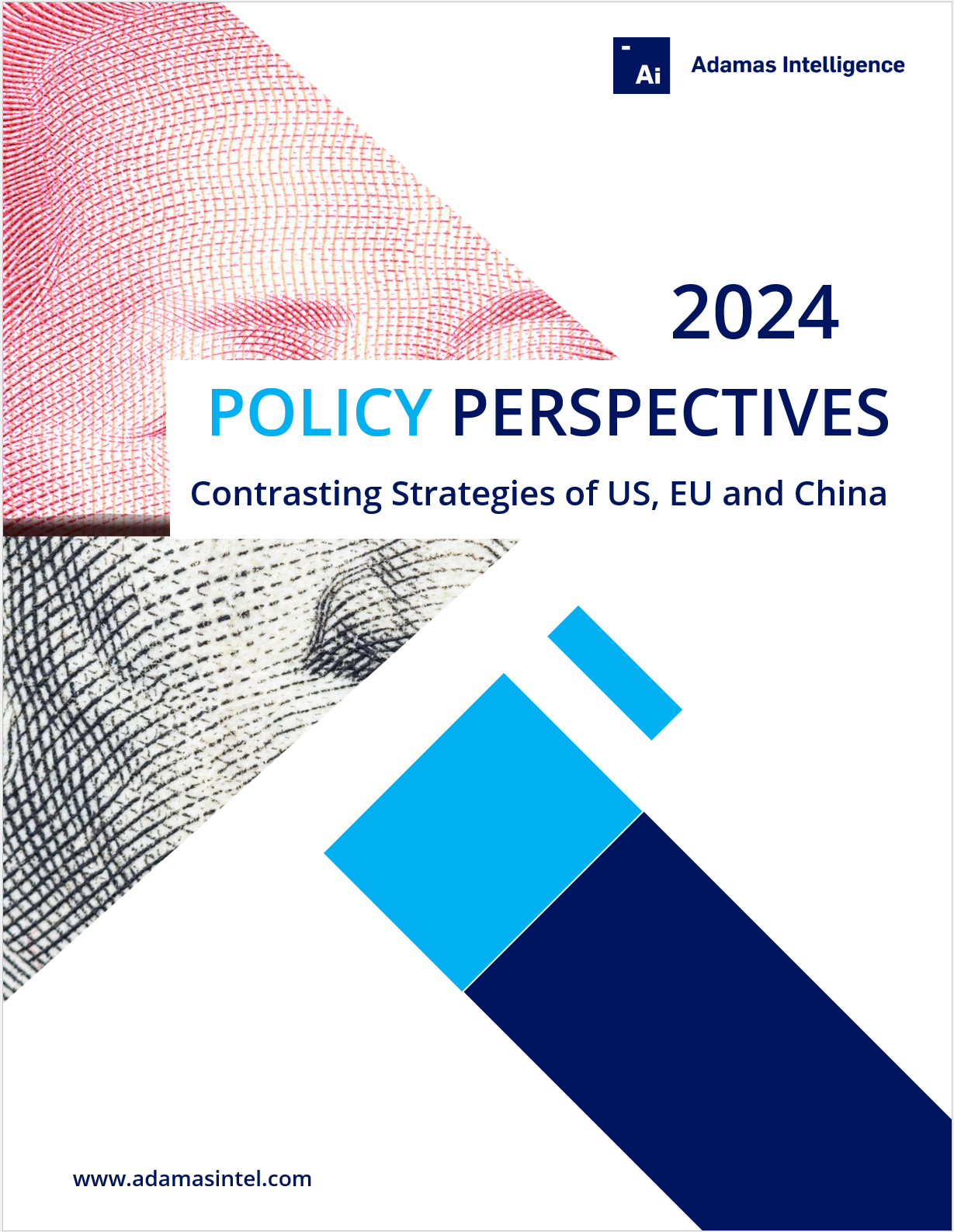China calls for EV supply chain safeguards after EU starts anti-dumping probe

Most Chinese EV exports to Europe this year were non-Chinese brands
On Wednesday, China said it was “very much dissatisfied” at a demand by the European Union to start talks within a “very short” time (15 days to register and 37 days for comments) on the bloc’s inquiry into the country’s assistance of its electric vehicle industry stretching back more than a decade.
China’s commerce ministry also said the investigation lacked adequate evidence and did not conform with World Trade Organization rules.
The European Commission formally launched the probe announced last month over complaints that, in the words of Ursula von der Leyen, “global markets are now flooded with cheaper Chinese electric cars and that price is kept artificially low by huge state subsidies.”
The EC believes China has been “distorting markets” in Europe through grants, soft loans, rebates and exemptions. The country also stands accused of providing raw materials and components to its EV industry at artificially low prices.
The EC says China’s share of EVs sold in Europe has risen to 8% and could reach 15% in 2025 as the Chinese EV industry deals with overcapacity issues. In return, China urged the EU to “safeguard the stability of the global supply chain“ and its “strategic partnership”.
Beijing has a point when it comes to intertwining EV and battery supply chains. The China-EU automotive trade is much more complicated than the simple dumping of unwanted domestic electric cars.
The Adamas Intelligence EV Battery Capacity and Battery Metals Tracker shows that in the first half of 2023, 19% of all GWhs delivered to EV (and hybrid) buyers in Europe, including Britain and non-EU states, were contained in China-made EVs and packs.
Moreover, the majority of Chinese EV unit exports to Europe this year were in fact non-Chinese brands (including those of BMW and Dacia). Further raveling the issue is that the best part of these shipments were Teslas.
Slapping tariffs on the US electric car pioneer because it assembles EVs and uses batteries made in Shanghai won’t please Washington, particularly in the middle of tough negotiations over the exact same issue for which Brussels is taking China to task.
In absolute terms, the battery power exported to Europe from China grew more than 51% this year to-date – a total of 14 gigawatt hours through the first six months of the year.
China’s overall vehicle exports surpassed South Korea in 2021, then overtook Germany in 2022, and this year will take top spot from Japan. Trade data indicates a total of 2.8 million vehicles were exported from China during the first seven months of 2023 including 1.8m ICE-powered vehicles, a 74% jump compared to last year.
RELATED ARTICLES
- French subsidy change all but excludes Chinese EVs, could serve as template for EU
- Chinese EV firms undeterred by Europe’s attempts to limit competition
EV, Battery and Battery Materials Market Intelligence:
EV Battery Capacity and Battery Metals Tracker
Building on ongoing EV registrations in over 110 countries, our web-based platform helps users track monthly deployment of battery metals and materials, battery capacity, and the ever-evolving competitive landscapes of battery chemistries and cell suppliers.
EV Battery Capacity Monthly
The ‘EV Battery Capacity Monthly’ is a subscription-based report for tracking monthly deployment of passenger EV battery capacity by EV type, region, country, make, model, cell supplier and cell chemistry on an ongoing basis.
